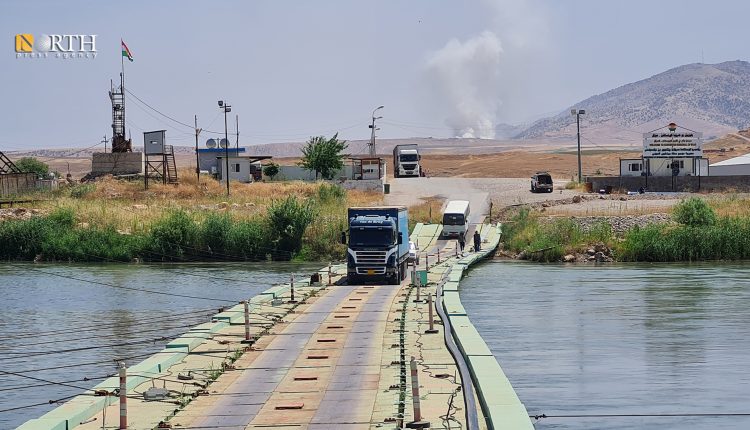Extension of U.S. aid suspension deepens humanitarian concerns in NE Syria
QAMISHLI, Syria (North Press) – The Autonomous Administration of North and East Syria (AANES) confirmed on Tuesday that the suspension of international aid—initially enacted under a U.S. executive order—has been extended, exacerbating an already dire humanitarian situation in the region.
Najy Hebbo, co-chair of the Office of Humanitarian Affairs within the AANES, told North Press that they had received formal notifications via email from several international NGOs confirming the continued suspension of assistance pending new policy decisions from the U.S. government.
The suspension traces back to an executive order signed by President Donald Trump upon returning to office three months ago.
The order halted new foreign development aid commitments and froze the disbursement of existing U.S. funds, with limited exceptions for life-saving support such as emergency food and water in displacement camps.
Originally set for a 90-day review period, the suspension has now been extended for an additional month, according to Hebbo.
“The consequences are immediate and severe,” Hebbo warned. “Thousands of internally displaced people in the camps now face worsening conditions, with vital food and medical supplies at risk.”
He added that in some NGOs, up to 60 percent of staff contracts have already been terminated due to funding shortfalls.
In a previous statement, Hebbo noted that approximately 20,000 women and children across two camps suffer from malnutrition, while 5,000 individuals with chronic illnesses urgently require medical care. Additionally, 1,500 people with disabilities now face heightened vulnerability due to the aid cutoff.
“The suspension threatens to marginalize already at-risk communities,” Hebbo emphasized, calling on the international community to recognize the critical humanitarian implications of prolonged aid disruptions.
As the review continues in Washington, local authorities and humanitarian actors on the ground are urging for immediate policy clarity and the reinstatement of essential support to avert a deepening humanitarian crisis.

